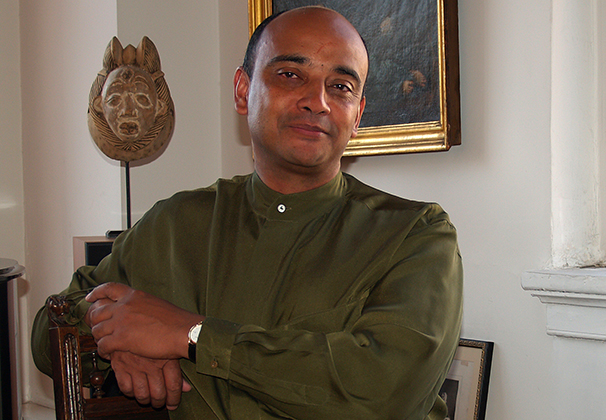
Philosopher Kwame Anthony Appiah will leave Princeton University at the end of the current semester to join NYU’s Department of Philosophy and the NYU School of Law in January 2014.
“Leaving Princeton is bittersweet, since it has been a wonderful place to teach and to think,” Appiah said. “But the new job will involve exciting challenges in another great philosophy department.”
Professor Stephen Schiffer, the acting chair of the Department of Philosophy at NYU, said Appiah’s presence at the university will enhance the department’s prestige.
“What [Appiah coming to NYU] means for the department is a substantial increase in its excellence, an increase that will make it even more of a leader in moral, political and legal philosophy than it already is,” Schiffer said. “That will enhance its prominence in areas that can significantly affect social issues that are of concern outside academia.”
According to an article in The New York Times, NYU President John Sexton has been trying to persuade Appiah to come to the university for 15 years. Part of Appiah’s decision to come to NYU is personal — his husband, Henry Finder, works as the editorial director at The New Yorker.
Mitchell Johnston, a junior at Princeton, said he took a seminar with Appiah, who challenged his beliefs as a freshman entering college.
“The class was one of my favorites at Princeton because of the range of topics covered and the opportunity to talk to Professor Appiah about his ideas,” Johnston said.
During the spring semester, Appiah will be designing his cross-campus global ethics course. He plans to teach at all 14 of NYU’s global locations, including the site in Ghana, where Appiah grew up.
“My first commitment outside Washington Square is to Abu Dh-abi,” he said. “But I would definitely like to work with students and colleagues in Accra as well. I began my teaching career at the University of Ghana in the 1970s, so being back in Accra to work will certainly allow me to catch up with old friends.”
Appiah said he would like to spend time at the sites, but would also utilize technology to create a virtual classroom.
“I’ll need the help of colleagues to do this, both fellow teachers and technical staff to create the shared virtual classroom,” he said. “But the big payoff will be that we will be able to learn from each other. This is using the web for the opposite of a MOOC, not a massive open online course, but a small closed on-and-offline course.”
Some students, such as Steinhardt freshman Maia Murdock, who plans to double major in music business and philosophy, are excited that Appiah is coming to teach at NYU.
“He’ll need to adjust, because NYU is very different from anywhere else,” Murdock said. “But afterwards I think he’ll be a huge asset and mentor to our [philosophy] department.”
A version of this article appeared in the Wednesday, Dec. 4 print edition. Cassandra Cassillas is a contributing writer. Email her at [email protected].
























































































































































